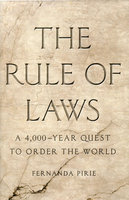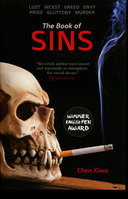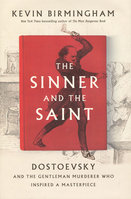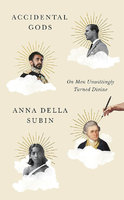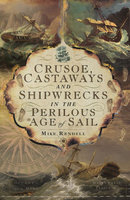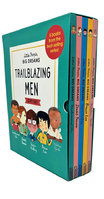New, Quality Gift Books - 50-90% off - over 2500 titles
Your basket is empty.
Categories Lucky Dip Clearance REBELS AGAINST THE RAJ: Western Fighters for India's Freedom
REBELS AGAINST THE RAJ: Western Fighters for India's Freedom
Book number: 93165
Product format: Hardback
In stock
Bibliophile price
£6.50
Published price
£25
Customers who bought this product also bought
|
RULE OF LAWS
Book number: 92404
Product format: Hardback
Bibliophile price
£5.00
Published price
£25
|
BOOK OF SINS
Book number: 92866
Product format: Paperback
Bibliophile price
£3.00
Published price
£6.95
|
SINNER AND THE SAINT
Book number: 94247
Product format: Hardback
Bibliophile price
£4.50
Published price
$30
|
|
ACCIDENTAL GODS
Book number: 94224
Product format: Hardback
Bibliophile price
£3.50
Published price
£20
|
CRUSOE, CASTAWAYS AND SHIPWRECKS IN THE PERILOUS AGE OF SAIL
Book number: 93617
Product format: Hardback
Bibliophile price
£4.50
Published price
£19.99
|
LITTLE PEOPLE, BIG DREAMS: Trailblazing Men Gift Set
Book number: 93776
Product format: Hardback
Bibliophile price
£9.00
Published price
£50
|
Browse these categories as well: Lucky Dip Clearance, Modern History/Current Affairs

